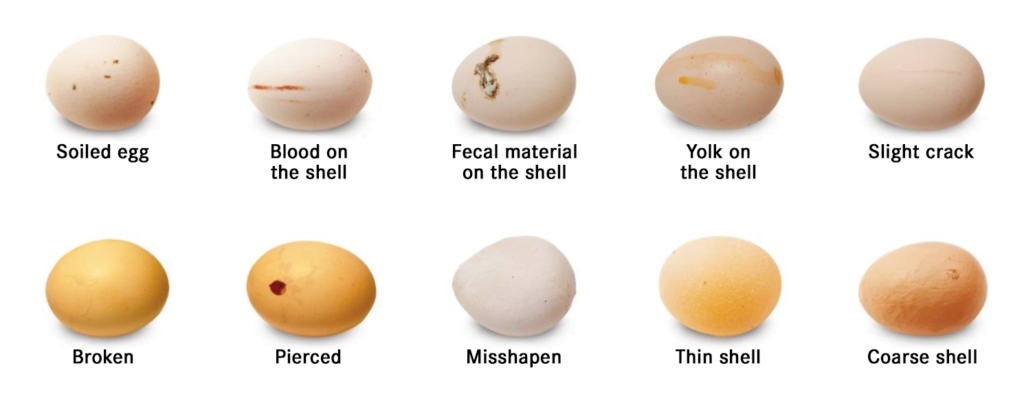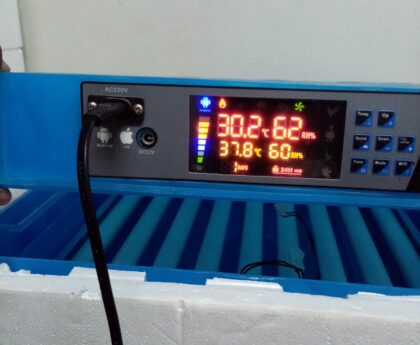If you are planning to incubate eggs, it is important to choose eggs that are viable and healthy. Here are some factors to consider when selecting eggs for incubation:
- Fertility: The first and most important factor to consider is fertility. Only fertile eggs will develop into chicks. You can check for fertility by candling the eggs (i.e. holding them up to a bright light source) after a few days of incubation to see if there is an embryo developing.
- Age: The ideal age for incubating eggs is between 7-10 days old. Eggs that are older than 10 days may have reduced hatchability rates, while eggs that are too young may not have fully developed embryos.
- Quality: Choose eggs that are of good quality with strong shells, free of cracks and deformities. Damaged eggs or those with thin shells may not hatch or have a higher risk of developing bacterial contamination.
- Breed: Different breeds of poultry have different incubation requirements. Be sure to select eggs from a breed that is suited to your incubation equipment and environment.
- Source: Choose eggs from a reputable source, such as a local breeder or hatchery, to ensure that they are healthy and disease-free.
In general, it is best to choose the freshest, healthiest, and most fertile eggs possible for incubation. Proper care and handling of the eggs during incubation, including maintaining proper temperature, humidity, and ventilation, can also help to improve hatchability rates.


